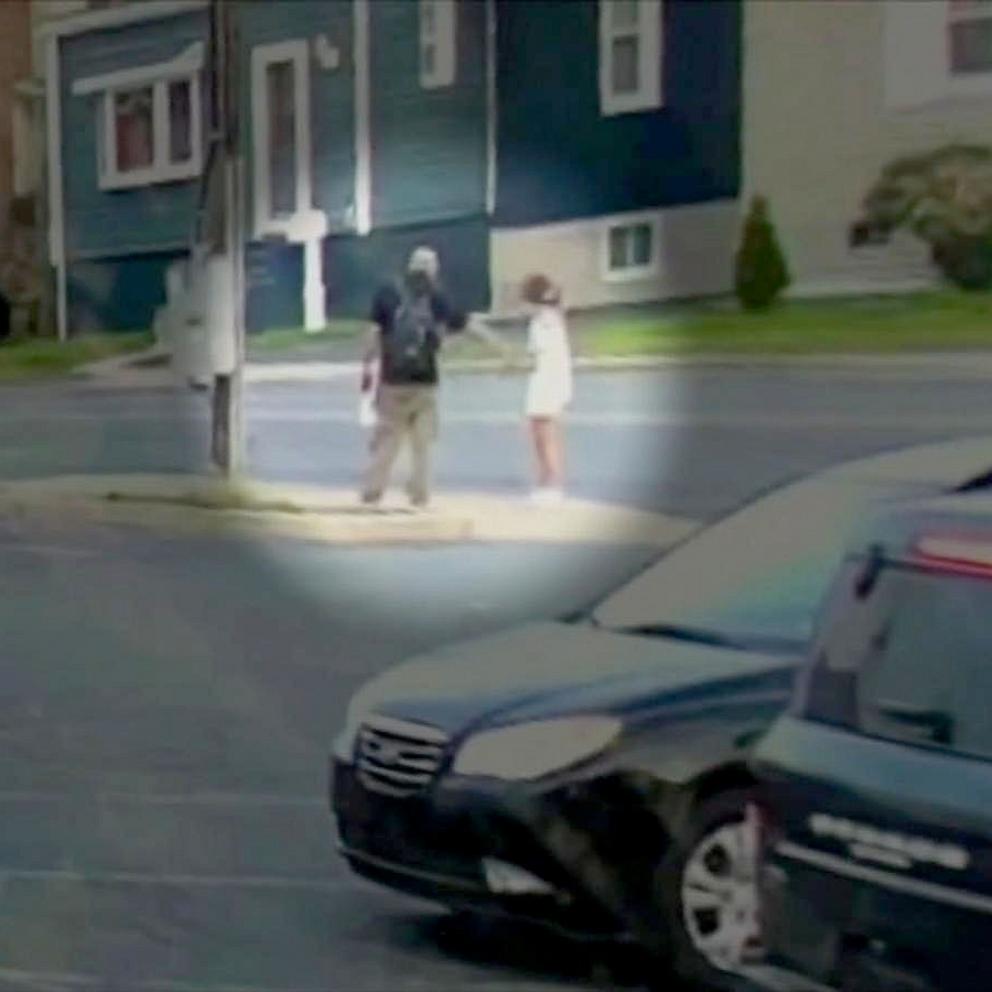On Terrorist Attack Anniversary, Australian Rugby Club Refuses Defeat
COOGEE BEACH, AUSTRALIA, Oct. 12, 2009 — -- It is another grim milestone today: the anniversary of the Islamist bomb attacks in Bali, Indonesia, seven years ago. Two-hundred-and-two people died, among them, 88 Australians. Although the Oct. 12, 2002, attack was thousands of miles from Australian soil, Aussies think of it as their own 9/11.
Among the victims were six members of a small-town amateur rugby club from Coogee Beach, south of Sydney. Since that tragic day, the club has become famous for its refusal to be defeated by the terrorist act.
The Dolphins lost a quarter of their entire team in the infamous attack on the Sari nightclub in Bali. Eleven teammates had flown to the holiday island that very day to celebrate the end of their season. Only five came home alive.
Erik de Haart said he will never forget the frantic, awful night he spent searching for the bodies of his friends. De Haart and four others had gone back to their hotel early, leaving their six teammates to keep on carousing at the Sari Club, which was heaving with young people, mostly Westerners. At 10:45 p.m., the bombs went off.
De Haart said he rushed to the club and spent the next five hours pulling out bodies from the smoldering ruins, although he recognized no one he knew. He spent another six hours, he said, searching for his mates in the hopelessly overcrowded hospital, which was like a charnel house.
By about 11 a.m., de Haart and the four surviving Dolphins had found the bodies of five of their six missing teammates, in the hospital and the makeshift morgue. "We noticed them first because one of the boys, Clint Thompson, had a tattoo on his arm and that helped us identify him," de Haart said, his eyes welling up.
"They look different in death. You look at them, and no matter how long you knew them, you just didn't recognize them. The bombing had an effect like the hair is blown backward like that."



